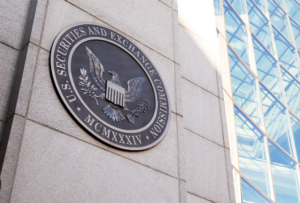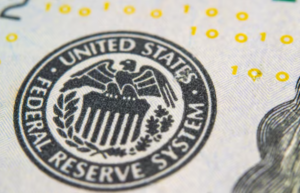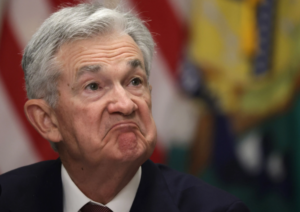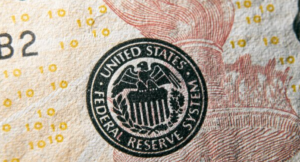$DJIA $USD $BTC
#Trump #JayPowell #FederalReserve #Inflation #Tariffs #InterestRates #MonetaryPolicy #Economy #StockMarket #Currency #TradeWar #MarketImpact
Former U.S. President Donald Trump has said he will not seek to remove Federal Reserve Chair Jay Powell before Powell’s term comes to an end, signaling a truce of sorts in their historically contentious relationship. Trump, during his presidency, frequently criticized Powell for what he perceived as overly tight monetary policy that hampered economic growth. By allowing Powell to complete his tenure, Trump appears to be focusing on stability within the Federal Reserve, which remains a crucial institution in guiding monetary policy as the U.S. grapples with inflationary pressures, central bank rate hikes, and global economic uncertainty.
This announcement comes at a pivotal time when investors are closely monitoring Federal Reserve decisions, especially given the ongoing fight against inflation. Trump’s earlier friction with Powell often unsettled markets, which tend to value predictability in monetary policy leadership. Financial markets are expected to respond cautiously, as this commitment alleviates fears of any abrupt leadership shake-up at the Federal Reserve, which could potentially disrupt the central bank’s approach to stabilizing inflation through interest rate adjustments. Stability at the central bank could help ensure smoother market conditions in both equities and bond portfolios, minimizing major sell-offs in sensitive times.
Trump’s refusal to rule out higher inflation resulting from his tariffs adds another layer of complexity to the economic landscape. During his presidency, the imposition of tariffs on Chinese goods and other international trade partners led to an increase in costs for U.S. companies and, subsequently, consumers. The speculation of bringing back such trade measures if Trump were re-elected has caused economists and businesses to weigh inflation scenarios. Prolonged trade wars could further strain supply chains and keep inflationary pressures elevated, forcing the Federal Reserve to walk an even tighter rope in balancing growth and inflation. This dynamic could influence corporate earnings, particularly in manufacturing and retail sectors that rely heavily on imports, creating ripple effects in the stock market.
The implications of these developments extend to the currency and crypto markets as well. Any shift in the dollar’s valuation due to inflation expectations could make safe-haven assets like $BTC or gold more attractive to investors seeking to hedge against potential currency devaluation. Should tariffs drive higher inflation, the Federal Reserve may pursue more aggressive monetary policies, potentially strengthening the dollar in the short term but capping economic growth. On the other hand, prolonged uncertainty could also lead to a flight to alternative assets and increase volatility in traditional equity markets. For now, the financial sector will remain watchful of Trump’s policy outlook and Federal Reserve signals as these factors are likely to play a pivotal role in shaping future global economic conditions.







Comments are closed.